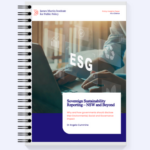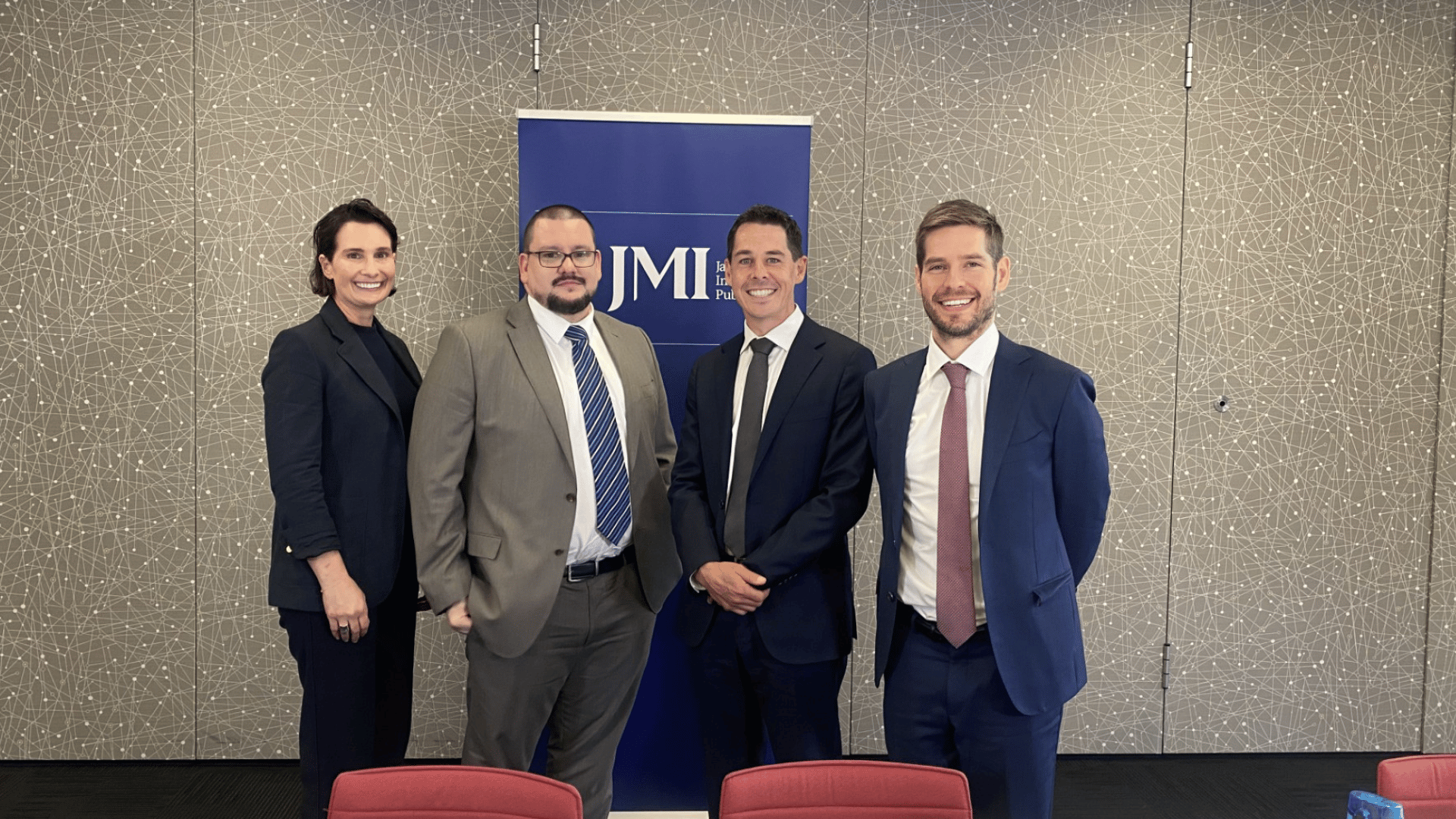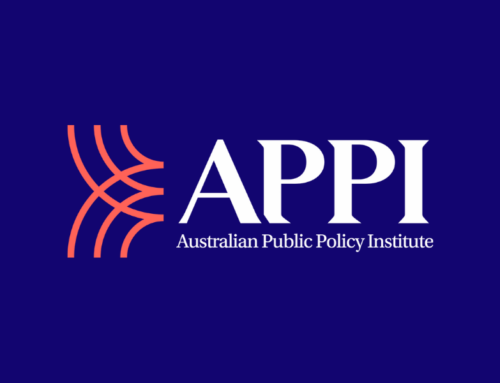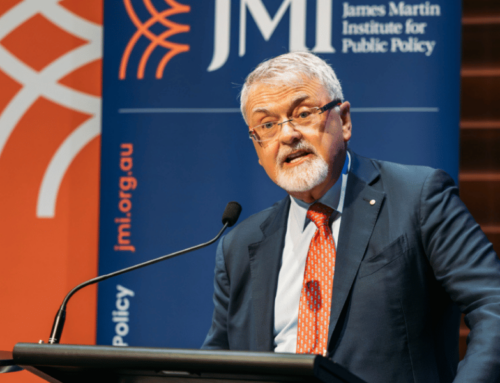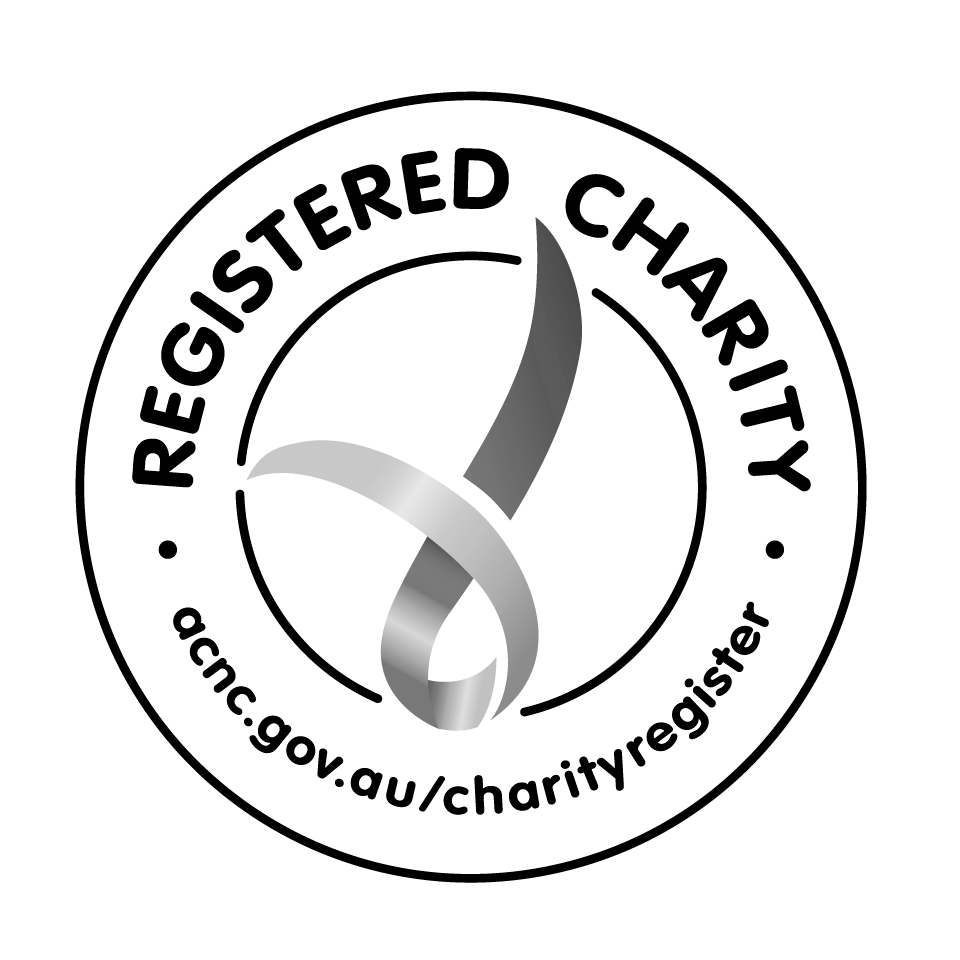On 4 April 2023, the James Martin Institute hosted an interactive panel event at the University of Sydney about whether and how governments should be disclosing their sustainability impact.
The event marked the launch of the JMI Policy Insights Paper “Sovereign Sustainability Reporting – NSW and Beyond”, written by Dr Angela Cummine during her time as the inaugural JMI Senior Policy Fellow. Angela did the fellowship while on leave from her usual role as Director, Sustainable Finance at NSW Treasury.
Over 50 experts from governments, financial institutions, peak bodies, think tanks and universities participated in the event.
A closer look at the why and how
“Angela’s fellowship created the space for some deep thinking about the trajectory of the increasingly important topic of government sustainability reporting. Her analysis is highly insightful, and her ideas on the potential way forward in NSW are timely and compelling,” Dr Vafa Ghazavi, JMI’s Executive Director for Research and Policy and event moderator, said. “Off the back of a pioneering piece of research, this launch event was a great success.”
“The Policy Fellowship program offered me a unique opportunity to dive deeper into this policy challenge.” Dr Cummine said. “The program allows public servants like me to combine practitioner expertise with sustained research to advance policy innovation and enhance public sector capability in NSW.”
Reporting is strategy
In addition to Dr Angela Cummine, the panel included Dr Kar Mei Tang, Head of Australasia at UN PRI, Dr Anna Young-Ferris, Senior Lecturer of Accounting at the University of Sydney Business School; and Sean Osborn, Director of Accounting Policy at NSW Treasury.
The panellists shared their experiences and insights on various aspects of sustainability reporting, such as double materiality, the risks of greenwashing, investor and stakeholder engagement, data quality, and the changing landscape for reporting standards.
Participants also stressed the need for governments to integrate sustainability reporting into their overall strategy and create meaningful and actionable sustainability reports.
“Governments need to take a good look at the kind of disclosures they’re providing to investors,” said Dr Kar Mei Tang in an interview after the event. She argued that this would enable governments to “better assess sovereign bond risks and […] the economic risks inherent in their economies.”
An opportunity to take the lead
During his remarks, Luke Heilbuth, CEO of BWD, the event sponsor, said that “the notion that sovereigns should report on their sustainability-related actions will soon seem as fundamental to the work of government as overseeing the conservation of nature.”
The session concluded with a call to action for governments to step up their efforts on sustainability reporting and to lead by example in the transition towards a more sustainable and equitable future.
Christian Gergis, Head of Policy at the Australian Institute for Company Directors, said he was excited to see the conversation about the role the public sector can play in “disclosing the climate risks and opportunity, and how they’re going to manage towards their ambitious goals – goals that we need to achieve as a community, as a society.”
“The government needs to be proactive; the government needs to take the lead,” said Joyce Low, Chief Financial Officer and Director, Governance and Risk at the NSW Public Service Commission, in an interview after the event.

